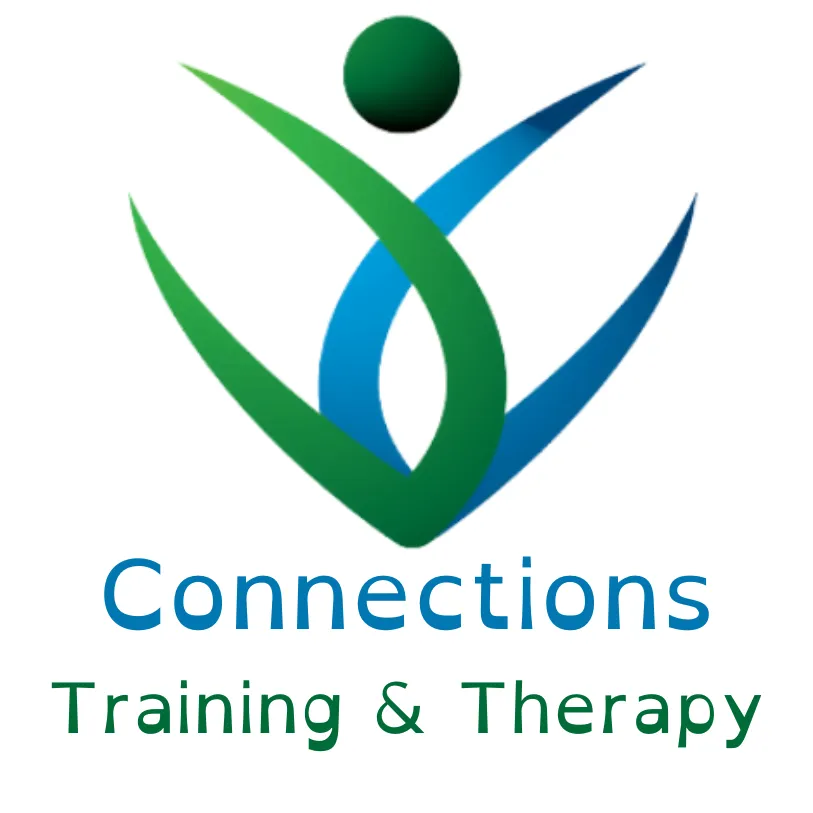Write Your Self Foundation
About the Write Your Self Foundation Programme
Why Our Stories Matter
Our stories are important—whether they've been told, are untold, or lack the words to be expressed yet.
The Impact of Trauma
After going through something difficult, overwhelming, or traumatic, we can feel powerless, voiceless, and unable to understand our experiences. Research shows that trauma can affect the brain regions responsible for language, making it hard to put our experiences into words. For those with a history of trauma, writing can be a powerful tool for healing and recovery. Writing helps us gain control over our trauma and reshape our story, especially when supported by a community of peers.
The Write Your Self Program
The Write Your Self program uses a trauma-informed writing approach to help participants reclaim their voice. This eight-step process includes:
*Key knowledge about trauma
*Trauma-sensitive writing exercises
*Tools and resources for creating a sustainable and healing writing practice
Based in Sweden, Write Your Self offers a globally accessible educational program.
Is This Course for Me?
In short, yes. You don't need to consider yourself a writer to join the program; all that's required is an interest in using creative writing as a therapeutic tool for your wellbeing. While the program is designed for trauma survivors, you don't need to identify as one to participate. We believe that trauma is a personal experience, and what may be traumatic for one person might not be for another. This program also helps address a variety of silencing experiences, such as grief, serious illness, war, discrimination, and bullying.
What does the course involve?
Here is a brief breakdown of the modules that we is generally covered on the Foundation Programme.* All sessions are 2 hours long.
Session 1: A Room of One’s Own
We will get to know each other and discuss what we each need to write safely and effectively.
Session 2: Begin Writing
We’ll start with gentle writing exercises, focusing on stream-of-consciousness writing to help us find our authentic voice and write more freely.
Session 3: Self-care
We’ll learn about the importance of taking care of ourselves, both emotionally and physically, as we write.
Session 4: The Writing Body
We’ll explore how our bodies hold unwritten stories and use various exercises to help us tap into those stories.
Session 5: Experimenting with Genre and Form
We’ll try out different genres and perspectives to enhance our writing. We’ll also explore how turning our stories into fiction or poetry can be therapeutic.
Session 6: Developing a Writing Archive
We’ll create a personal writing archive to keep track of topics, ideas, and memories we want to explore further.
Session 7: Creating Wholeness
We’ll reflect on our progress and delve into research on therapeutic writing. We’ll also look at how using different tenses can aid in our healing.
Session 8: Expressing the Wordless
We’ll wrap up by celebrating our resilience and supporting each other to keep writing, even when our stories are hard to put into words.
*Please note that each certified Write Your Self guide will deliver the course slightly differently and will have made their own adaptations.
Frequently Asked Questions:
Do I have to write about trauma during the course?
Absolutely not. You decide what your writing subjects will be, always. Many participants choose not to write about the trauma they’ve experienced, at least to begin with.
How many places are available?
This programme offers a maximum of 12 places. Groups are closed and kept relatively small to ensure a quality learning experience for all participants, where everyone receives adequate space and time to develop their writing practice.
Will I be expected to share my writing with others?
No, there is absolutely no expectation for you to read aloud or share anything about the content of your writing. The programme is built upon and incorporates trauma-informed principles at all times – this means that you alone will decide your level of participation. All contributions have value, even if that’s listening.
Is this course considered a treatment for trauma?
This programme is not a substitute or replacement for any type of counselling, psychotherapy, mental health care or clinical trauma treatment. It is, however, intended to work in tandem with those treatments. Though I am a therapist, when I deliver the programme I offer an educational space, not group therapy. Here, our focus is writing. Throughout the programme you are responsible for your own self-care. If you are struggling with your mental health, feeling overwhelmed, or have very recently experienced a traumatic event, please consider seeking professional support before enrolling.
What you’ll receive as part of the course fee: two hours of live learning each week with a group of peers and workbooks that run alongside the live sessions, which can be completed digitally or printed out.
You will receive writing prompts to try out between sessions to deepen your practice and to maintain momentum with your writing and a recommended reading list, as well as links to other useful resources, e.g. articles, videos and podcasts. These are optional to follow. There will be a fixed space each week dedicated to your personal and professional development as you attend the course. We hope this will support you to develop a sustainable writing practice that you can continue to use in the future to support your wellbeing.
Sessions are 2 hours long and this course runs for 8 sessions at a total cost of £190. Payment plans may be available.




